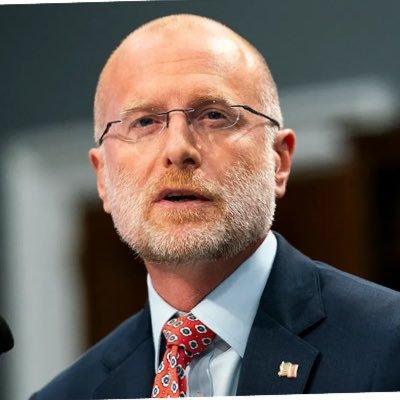Brendan Carr: A Leader in Telecommunications Policy

Introduction
Brendan Carr, a prominent figure in the field of telecommunications, currently serves as a commissioner at the Federal Communications Commission (FCC). His role is becoming increasingly relevant as the digital landscape evolves, affecting issues such as broadband access, mobile connectivity, and emerging technologies. In an age where communication is critical for economic growth and social interaction, Carr’s work is pivotal in shaping policies that ensure equitable access to telecommunications for all Americans.
Main Contributions
Since his appointment in 2017, Brendan Carr has been a staunch advocate for expanding broadband access across rural and underserved areas. Recently, he has pushed for initiatives aimed at reducing regulatory barriers that impede the deployment of high-speed internet. In a recent statement, Carr highlighted the importance of closing the digital divide as a primary objective, aligning with the Biden administration’s goal of universal broadband access. This push is particularly crucial as remote work and online education have become prevalent, especially during the COVID-19 pandemic.
Furthermore, Carr has actively addressed issues related to national security and telecommunications. He has raised concerns about the reliance on Chinese technology firms and has advocated for stronger regulations to safeguard U.S. networks from potential threats. This includes the ongoing discussion surrounding the removal of equipment from companies such as Huawei and ZTE from American infrastructure.
Current Initiatives
As of late 2023, Brendan Carr has been focusing on advancing policies that facilitate next-generation wireless technologies such as 5G. He believes that fostering competition among providers is essential for innovation and improved service for consumers. Recent FCC efforts under his guidance include initiatives to streamline the permit process for new towers and small-cell installations, ensuring that the United States maintains its leadership in the global telecommunications sector.
Conclusion
Brendan Carr’s leadership at the FCC exemplifies a commitment to addressing some of the most pressing telecommunications issues of our time. His initiatives not only aim to expand access to broadband but also to ensure that telecom infrastructure remains secure and innovative. As we look ahead, Carr’s influence will undoubtedly play a critical role in shaping a more connected future, aligning with national interests in technology and communication. For readers, understanding the evolving landscape of telecommunications and the efforts made by officials like Brendan Carr can provide insight into how these developments may impact daily life and the economy.
